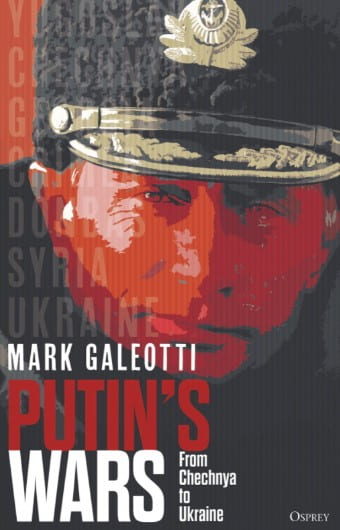Vladimir Putin’s Russia is locked in two wars: a bloody kinetic one in Ukraine and a very twenty-first century one with the West fought in economics, politics, culture and information. To a degree, this can be considered the logical result of the place that military power, conflictual international relations and the celebration of past wars have had not just in Putin’s rhetoric but also his vision of Russia’s place in the world. Mark Galeotti, author of the forthcoming Putin’s Wars: from Chechnya to Ukraine, explores the place of war in Putin’s thinking – and how the contrast between his ideological perspective clashed with the technocratic notions of his own High Command in his invasion of Ukraine.
Speaker:
Mark Galeotti is a long-time Russia-watcher, even though Moscow banned him this year. He is an Honorary Professor at University College London and Executive Director of the UK-based consultancy Mayak Intelligence, and is currently a Public Policy Scholar at the Wilson Center’s Kennan Institute. He read history at Cambridge and took his doctorate in government at the LSE, and after a stint with the British Foreign Office has been a scholar and thinktanker in New York, Moscow, Prague, Florence and London. A prolific author, his most recent books include the forthcoming Putin’s Wars: from Chechnya to Ukraine (Bloomsbury, 2022), The Weaponisation of Everything (Yale, 2022), We Need To Talk About Putin (Ebury, 2019) and The Vory: Russia’s super mafia (Yale, 2018).
Moderator:
Marlene Laruelle is Director of the Institute for European, Russian, and Eurasian Studies; Director of the Central Asia Program; Director of the Illiberalism Studies Program; Co-Director of PONARS Eurasia; and Research Professor of International Affairs at The George Washington University. She works on political, social, and cultural changes in the post-Soviet space. Marlene’s research explores the transformations of nationalist and conservative ideologies in Russia, nationhood construction in Central Asia, as well as the development of Russia’s Arctic regions

